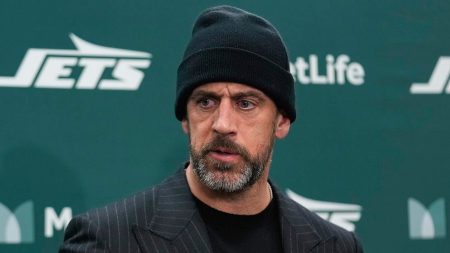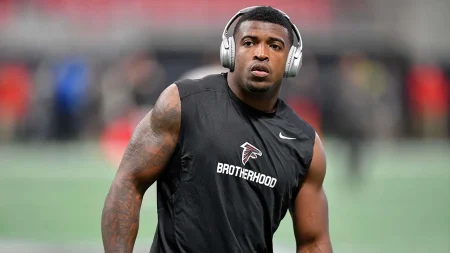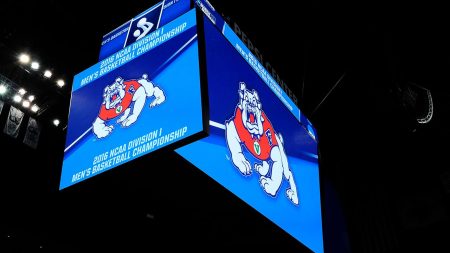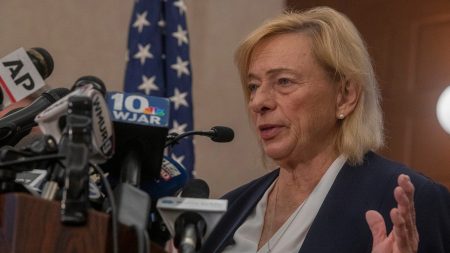The dismissal of Dallas Cowboys head coach Mike McCarthy has sparked a wave of disappointment, particularly from quarterback Dak Prescott, who expressed his dismay at the decision. Prescott, lamenting the severed partnership, emphasized the progress they had made together, highlighting the foundation they had built. He also cryptically hinted at potential disagreements behind the scenes, suggesting a breakdown in negotiations as the underlying reason for McCarthy’s departure. This sentiment underscores the close working relationship between the quarterback and his now-former coach, and raises questions about the internal dynamics within the Cowboys organization.
McCarthy’s tenure with the Cowboys, spanning five seasons, yielded a respectable 84-49 regular season record, including three consecutive 12-5 seasons. This consistent regular season success paints a picture of a team that performed well under his leadership. However, the narrative shifts when considering the team’s playoff performance. A solitary playoff win over five years casts a long shadow over McCarthy’s legacy in Dallas. This discrepancy between regular season dominance and postseason struggles likely played a significant role in the decision to part ways with the coach. The Cowboys organization, accustomed to playoff success, clearly sought a leader who could translate regular season prowess into deep postseason runs.
Despite a disappointing 7-10 season in the previous year, marked by significant injuries to key players, including Prescott himself, the quarterback staunchly defended McCarthy. Prescott’s public pronouncements of support for his coach, made just weeks before McCarthy’s dismissal, reveal a deep belief in his leadership and coaching abilities. These statements, where Prescott expressed a sense of helplessness in aiding McCarthy’s situation, suggest a strong bond between the two and raise questions about whether Prescott’s opinion was adequately considered in the decision-making process.
Prescott’s vocal support for McCarthy extended to advocating for a contract extension and more autonomy for the coach. He emphasized McCarthy’s deserving nature, highlighting his belief that the coach deserved another opportunity to lead the team, albeit with greater control over his approach. This reinforces Prescott’s conviction in McCarthy’s coaching capabilities and suggests that he viewed the coach’s potential as yet unrealized. It also hints at possible constraints placed upon McCarthy within the Cowboys organization, constraints that Prescott believed hindered his effectiveness.
Jerry Jones, the owner of the Dallas Cowboys, acknowledged McCarthy’s commendable performance while simultaneously explaining the rationale behind the decision. His statement, referencing a comprehensive joint review of the past season, players, staff, and future direction, positions the decision as a mutual agreement reached after careful consideration. This portrayal emphasizes a collaborative process, suggesting that both parties concluded parting ways was in their best interests. However, the vague language leaves room for speculation about the specific factors that led to this mutual understanding. The phrase “became mutually clear” suggests a divergence in vision or strategy that ultimately proved irreconcilable.
This transition marks a significant turning point in Dak Prescott’s career. The hiring of a new head coach will be the third of his tenure with the Cowboys, entering his tenth season. This change brings both challenges and opportunities for Prescott. He will need to adapt to a new coaching philosophy, build a new relationship with his head coach, and navigate the inevitable changes in offensive strategy. However, this also presents a fresh start, a chance to redefine his role within the team and potentially elevate his game to new heights. The success of this transition will be a crucial factor in determining the future trajectory of the Dallas Cowboys.










